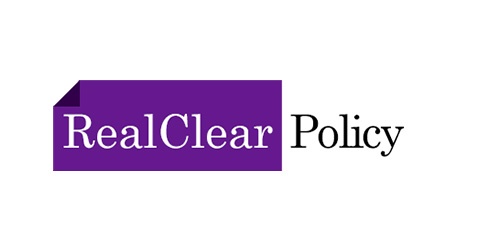By: Heidi Heitkamp
Sadly, for all the progress we’ve made over the last two years, many Americans are still suffering. The continued economic fallout from the COVID-19 pandemic is being compounded by 40-year high inflation rates, skyrocketing gas and grocery prices, and a nationwide baby formula shortage. Communities from coast to coast, rural to urban, and everywhere in between have been put to the test.Americans need their elected representatives to have their backs. This starts with leaders in Washington working to address our country’s most pressing challenges head-on while avoiding policies that would undermine Americans’ ability to dig their way out. (And a new poll released by Ipsos in partnership with the American Edge Project underscores that this is what voters want too — they want their leaders to focus on top-of-mind concerns such as inflation and lowering gas prices.)One positive development is the Biden Administration’s recent “Internet for All” initiative, which will bring affordable, reliable broadband or high-speed internet to every single home in the country. Rural Americans don’t enjoy the same access to broadband as their urban and suburban counterparts, and the FCC’s recent reporting shows that 26.4 percent of rural residents did not have access to minimum broadband speeds (compared to only 1.7 percent in urban areas.) Beyond what stronger broadband access means for individuals and households, it also facilitates growth across business establishments. Since 2000, the number of establishments in metropolitan counties has grown by 30.9 percent, while the number in rural counties has grown by only 7.2 percent.Rural America is often ignored when it comes to access to the increasingly digital world, and a meaningful expansion of broadband to rural areas will help bolster and equalize people’s access to critical tools.Lifelines like these could not come at a more crucial time, and their benefits extend far beyond just rural communities. For small businesses and entrepreneurs trying to get ahead, digital tools like broadband or high-speed internet offer an opportunity to expand and reach new customers. In terms of starting a business, these tech tools help reduce the cost of starting and operating a business while streamlining time-consuming tasks like tracking inventory or bookkeeping. In underserved communities, these tools mean increased access to capital. From the ability to accept digital payment to opening online bank accounts, small and medium sized businesses are stronger because of increased access to the internet. A recent report shows that 71 percent of small and medium-sized businesses survived COVID-19 by going digital. When people were confined to their homes, technology enabled business owners and entrepreneurs to reach new consumers and market their products.This is not the time to take risks with our economy. Before reform-minded legislation is advanced in the Congress such as bills to regulate American innovation, our elected leaders must fully understand the consequences of the legislation.
